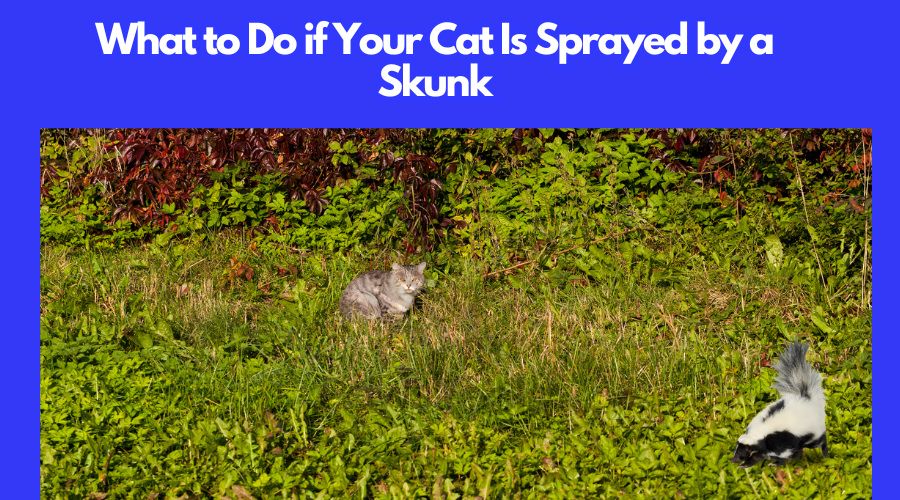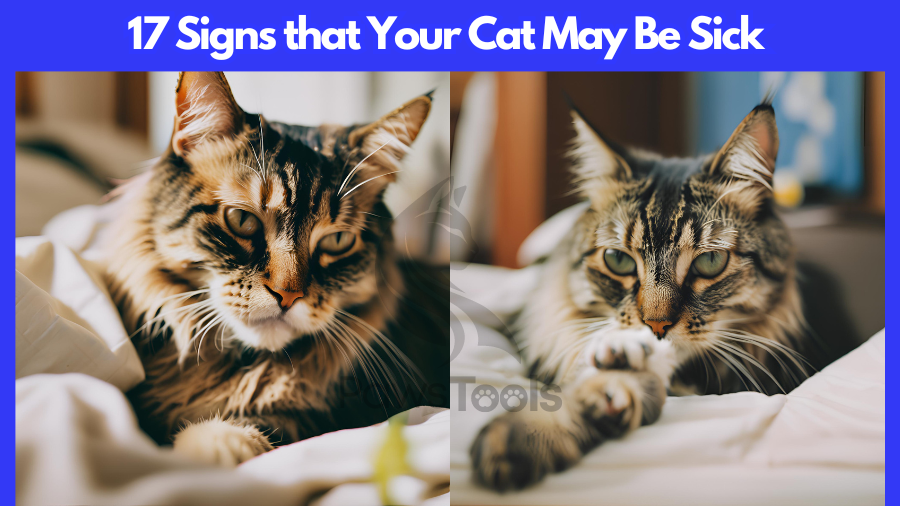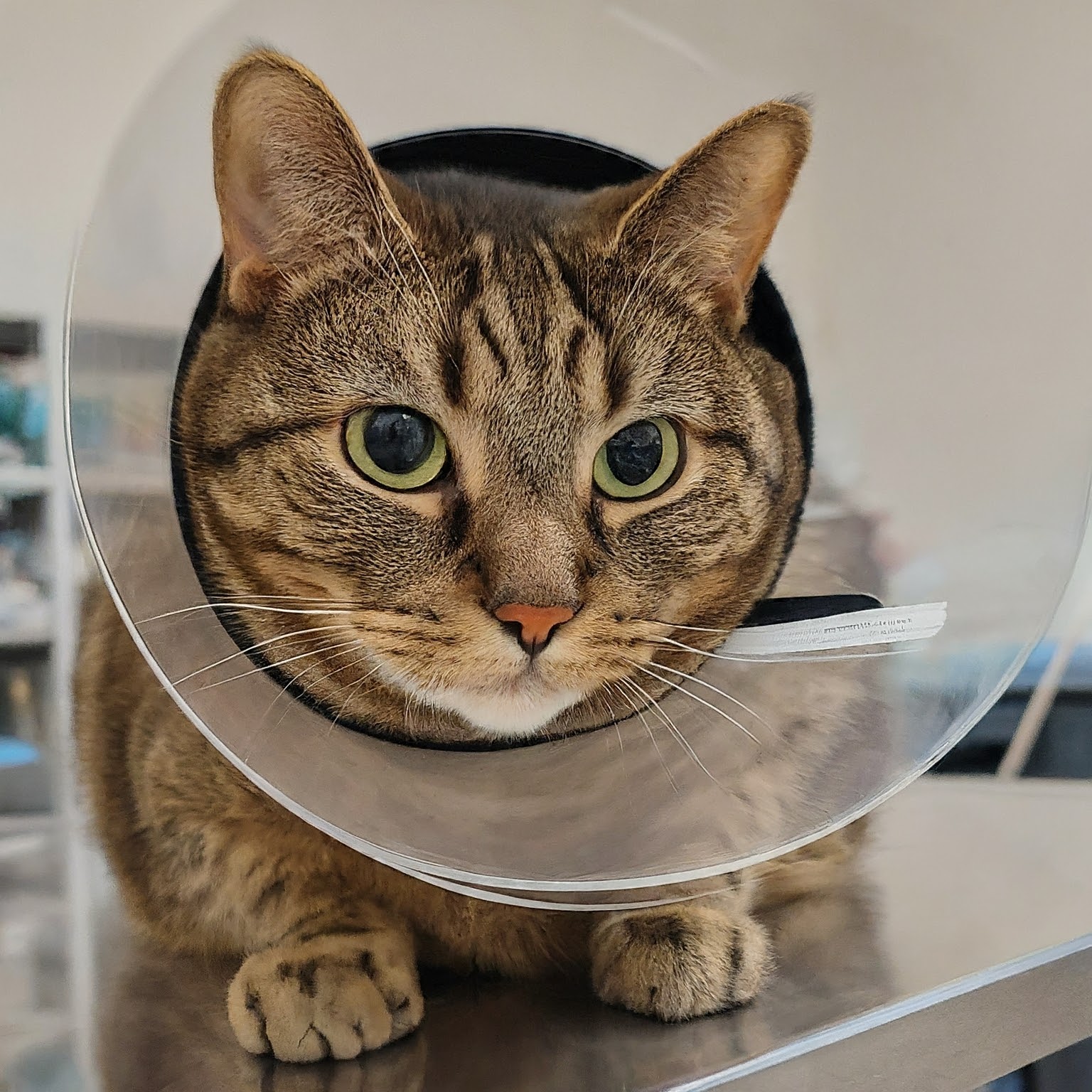Skunks, native to North and South America, are relatives of badgers and otters. While many related species can produce a pungent odor, skunks are unique in their ability to spray this musky liquid up to 15 feet as a defense mechanism.
Cat owners might be surprised to find that their feline friends can also fall victim to a skunk’s spray. If you allow your cat to roam outdoors, it’s essential to be aware of the potential hazards, including encounters with skunks.
What Is Skunk Spray?
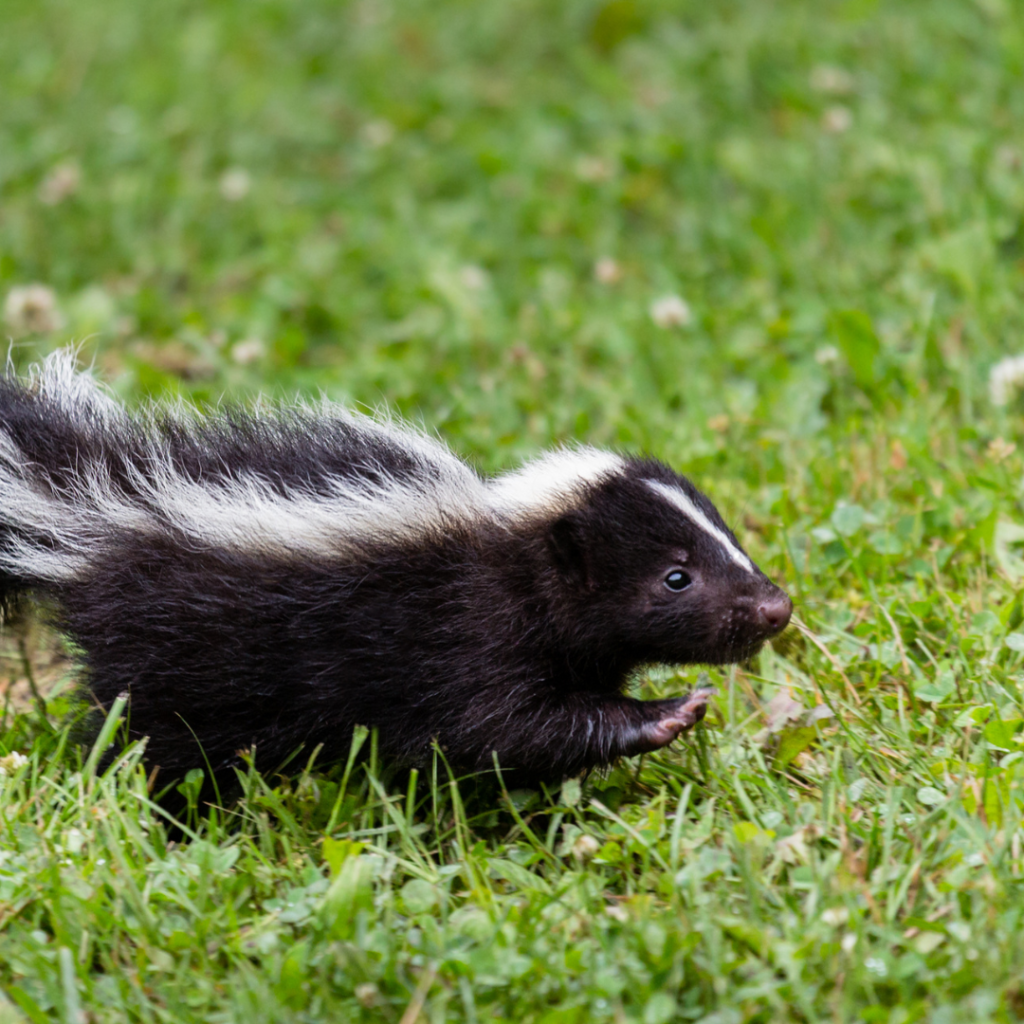
Skunk spray is a defensive mechanism produced in the anal glands of skunks. This yellow oil contains compounds called thiols, which bind strongly to skin proteins and emit a “rotten egg” smell. The spray can cause significant irritation to the eyes and lungs.
What Can You Do for Your Skunked Cat?
If your cat gets skunk spray in its eyes, they may become red and irritated. Immediately flush your cat’s eyes with an over-the-counter sterile eye wash. If you live in an area where skunks are common, keep this product on hand. Signs of skunk spray in the mouth or nose include drooling, vomiting, nausea, or sneezing. In rare cases, skunk spray can cause acute anemia in cats. If you observe these symptoms, seek veterinary care immediately.
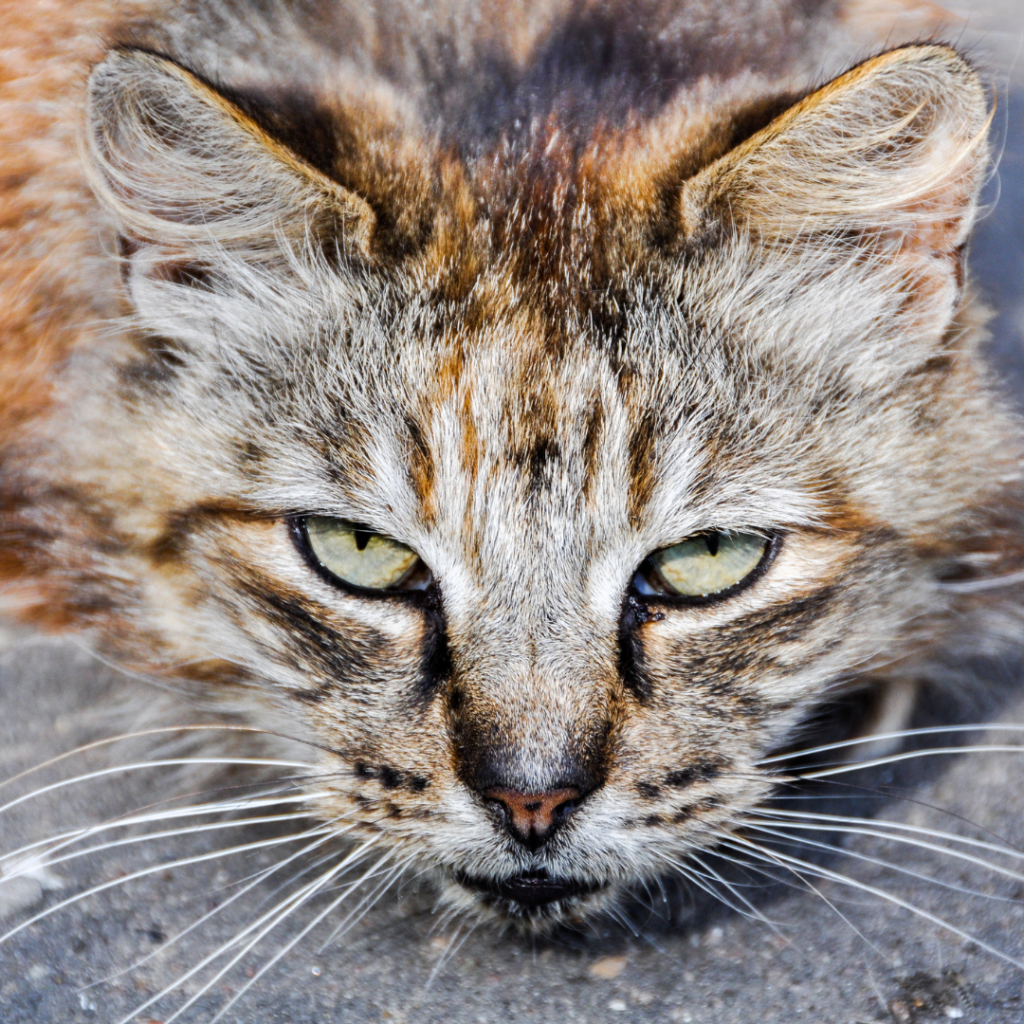
Additionally, remember that skunks can carry infectious diseases, including rabies. Ensure your cat’s vaccinations are up-to-date and consult your vet if there was physical contact with the skunk.
Removing the Skunk Smell
If your cat has only been sprayed and shows no other symptoms, you will want to remove the smell. Forget the old tomato juice remedy. Instead, use this effective homemade solution (after consulting a veterinarian):
- 1 quart of 3% hydrogen peroxide
- 1/4 cup baking soda
- 1-2 teaspoons liquid hand soap
Wear rubber gloves and work this solution into your cat’s coat, then rinse thoroughly. Do not leave the solution on for too long, as peroxide can bleach fur. Use only 3% hydrogen peroxide to avoid irritating your cat’s skin. Keep the solution away from your cat’s eyes.
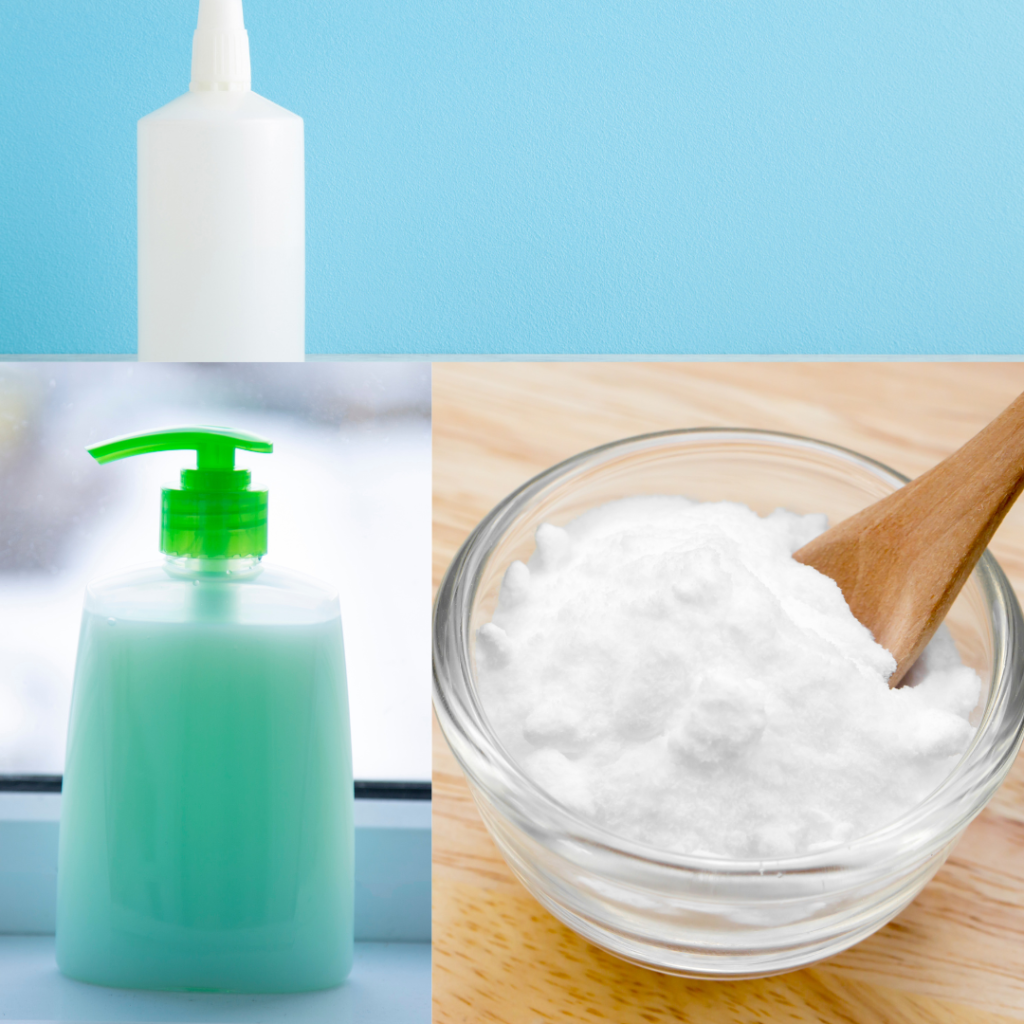
Tips for Bathing Your Cat
If your cat is particularly smelly, you may need to repeat the bath. For a less invasive method, consider a sponge bath. Dampen your cat’s fur with a wet washcloth, apply the solution, and use a fresh wet cloth to wipe it off. If only a small area was sprayed, focus on that spot.
If the skunk smell gets on you, wash your clothes with regular detergent and ½ cup of baking soda.
Can I Skunk-Proof My Yard?
To make your yard less attractive to skunks:
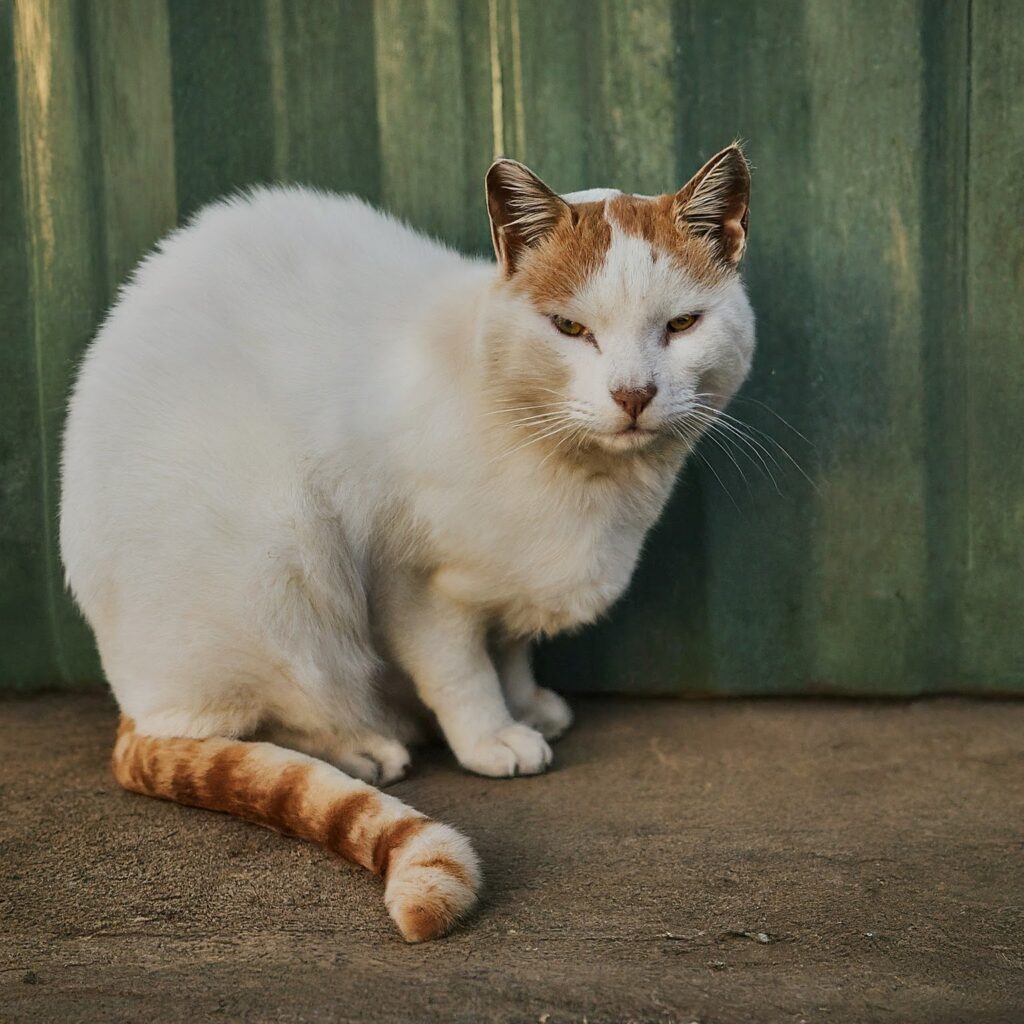
- Securely seal trash receptacles.
- Remove outdoor food and water bowls at night.
- Block access to potential den sites under porches or sheds with chicken wire or bricks.
Knowing how to handle a skunk encounter can turn a potentially unpleasant situation into a manageable one. With the right steps, you can quickly resolve the issue and get back to enjoying time with your cat.
By following these tips, you can effectively manage and mitigate the effects of a skunk spray on your cat, ensuring their safety and comfort.

